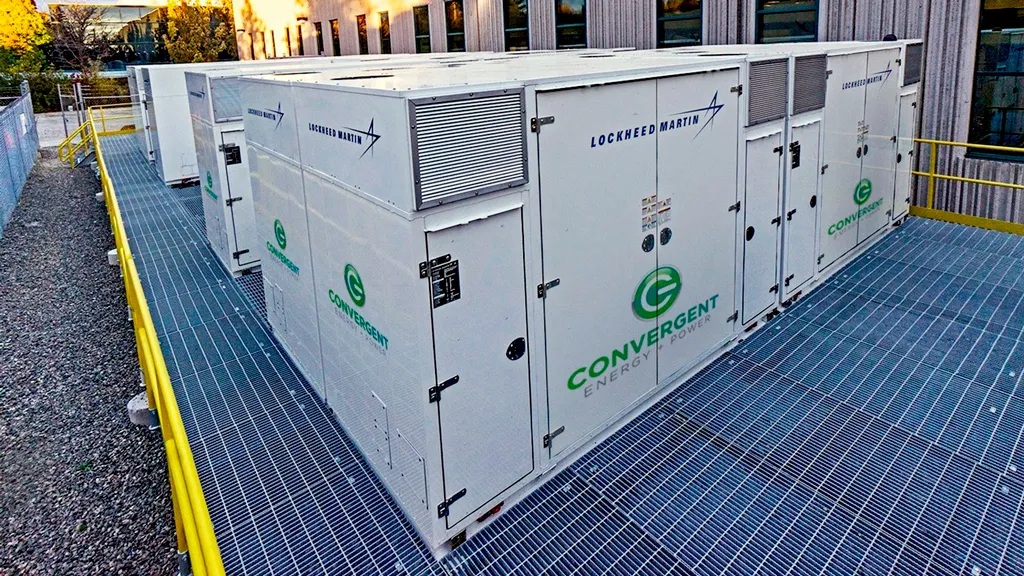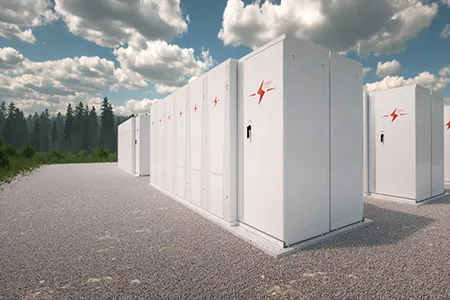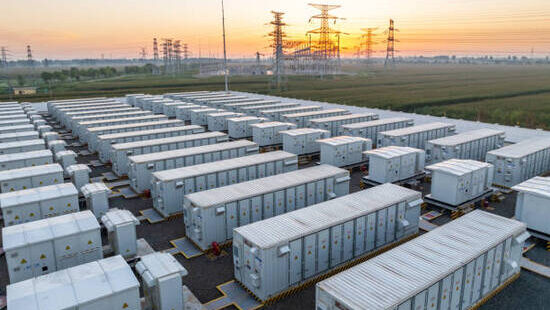
Convergent Energy and Power Breaks Ground on Advanced Battery Storage Project in Massachusetts, Partnering with West Boylston Municipal Light Plant
Convergent Energy and Power, a leading developer of energy storage solutions across North America, has officially broken ground on a significant battery energy storage system (BESS) in West Boylston, Massachusetts. The new 3-megawatt/9-megawatt-hour (3MW/9MWh) utility-scale installation will serve the municipally-owned West Boylston Municipal Light Plant (WBMLP) and is designed to bolster grid reliability, manage electricity costs, and support a transition toward cleaner energy sources. The project reflects a growing trend among municipal and regional utilities seeking innovative tools to navigate the challenges posed by rising energy costs and shifting power generation portfolios.
A Strategic Partnership for Clean, Reliable, and Affordable Energy
The battery energy storage system, which will be located adjacent to West Boylston’s existing solar and flywheel infrastructure, represents a collaboration that leverages the strengths of both partners. Convergent will provide full financing, ownership, and operational responsibilities for the system, while WBMLP will benefit from its strategic integration into the local energy grid.
Convergent’s proprietary optimization software, PEAK IQ®, will be used to control the system, ensuring that stored energy is deployed at the most cost-effective and environmentally beneficial times. The software uses advanced data analytics and forecasting tools to manage when to charge and discharge the battery—typically charging during times when electricity is abundant and inexpensive (often coinciding with high solar output), and discharging when demand spikes and energy is most expensive or carbon-intensive.
This approach enables WBMLP to significantly reduce its peak demand charges and avoid expensive grid purchases during high-rate periods. It also increases the use of renewable energy, lowering carbon emissions and supporting sustainability goals.
Addressing a Regional Challenge: Rising Transmission and Capacity Costs
The decision to deploy battery storage technology is being driven by a series of economic and regulatory factors reshaping the electricity sector in New England and beyond. One of the most pressing challenges is the rising cost of electricity transmission and capacity charges. Within the ISO New England grid region—where WBMLP operates—regional transmission costs, known as Regional Network Service (RNS) charges, are projected to increase by approximately 20% in 2025.
These charges are based on a utility’s peak demand during certain intervals, meaning that even short periods of high usage can lead to disproportionately high costs. By strategically discharging stored energy during peak events, Convergent’s battery system can help flatten WBMLP’s demand profile and significantly reduce its exposure to these increasing charges.
Such financial benefits are particularly important for municipal utilities, which are accountable to their local customers and often operate on leaner budgets than investor-owned utilities. By proactively investing in energy storage, WBMLP aims to keep rates stable and predictable, even in the face of external market pressures.
Strengthening Energy Independence and Sustainability
WBMLP’s commitment to sustainability predates this new battery storage installation. The utility already sources over 56% of its electricity supply from clean and renewable sources—a figure that places it well ahead of Massachusetts’ own legally mandated greenhouse gas (GHG) reduction targets.

The integration of a battery storage system marks a continuation of that leadership. By enabling more effective use of renewable generation—particularly solar—the battery acts as a bridge, balancing intermittent generation with steady consumer demand. It ensures that renewable energy generated during daylight hours can be stored and used later, reducing reliance on fossil-fuel-based generation during evening peaks.
In addition to storing clean energy, the project also improves local resilience. In a time of increasingly frequent extreme weather events and power outages, battery storage systems offer backup power capabilities and reduce strain on the broader grid during emergencies. This benefit is especially valuable for small towns and rural communities, which may be more vulnerable to grid disruptions.
A Model for Municipal Utilities Nationwide
The partnership between Convergent and WBMLP serves as a potential model for other municipal and cooperative utilities across the country. With more than 2,000 public power utilities serving millions of Americans, there is a significant opportunity to replicate the approach being piloted in West Boylston.
“This battery storage system will allow West Boylston Municipal Light Plant to continue delivering reliable, sustainable, cost-effective electricity to our customers,” said Jon Fitch, General Manager of WBMLP. “We’re thrilled to work with Convergent Energy and Power to keep electricity rates manageable for our customers while also working ahead of the state’s greenhouse gas emissions goals.”
The project’s value lies not just in its technical specifications, but in the broader strategy it represents—one that aligns financial prudence, environmental responsibility, and technological innovation.
Meeting Future Electricity Demand with Modern Infrastructure
The need for modern energy infrastructure has never been greater. The U.S. Department of Energy forecasts that national electricity demand will increase by more than 50% by 2050, driven by population growth, electrification of transportation and buildings, and economic expansion. At the same time, the grid is undergoing a rapid transformation, shifting from centralized fossil fuel plants to a more distributed mix of renewables, batteries, and smart grid technologies.
Johannes Rittershausen, Chief Executive Officer of Convergent Energy and Power, emphasized this context:
“U.S. electricity demand is expected to increase by 50% by 2050—and energy storage has never been more critical to our electric grid or our communities,” he said. “Together with the West Boylston Municipal Light Plant, Convergent Energy and Power is proud to accelerate the clean energy transition in Massachusetts with a system that will bring the West Boylston community a cleaner, more cost-effective and reliable grid.”
Convergent’s expanding portfolio of storage projects reflects a growing recognition that battery systems are no longer niche technologies—they are foundational to the next generation of energy infrastructure. The company has deployed or is developing over 500 megawatts of storage across North America, helping utilities, businesses, and communities adapt to a rapidly evolving energy landscape.
As the battery project in West Boylston advances toward completion, it symbolizes more than just a new asset on the grid. It represents a community’s commitment to sustainability, energy independence, and economic resilience. It also illustrates the power of strategic public-private partnerships to deliver real-world solutions at a time of profound change in the energy sector.
The future of energy will not be defined by one technology alone, but by an ecosystem of innovations working in concert—from solar arrays and wind farms to smart grids, electric vehicles, and battery storage. Projects like the one launched by Convergent and WBMLP provide a glimpse into what that future looks like: cleaner, smarter, and more sustainable.







